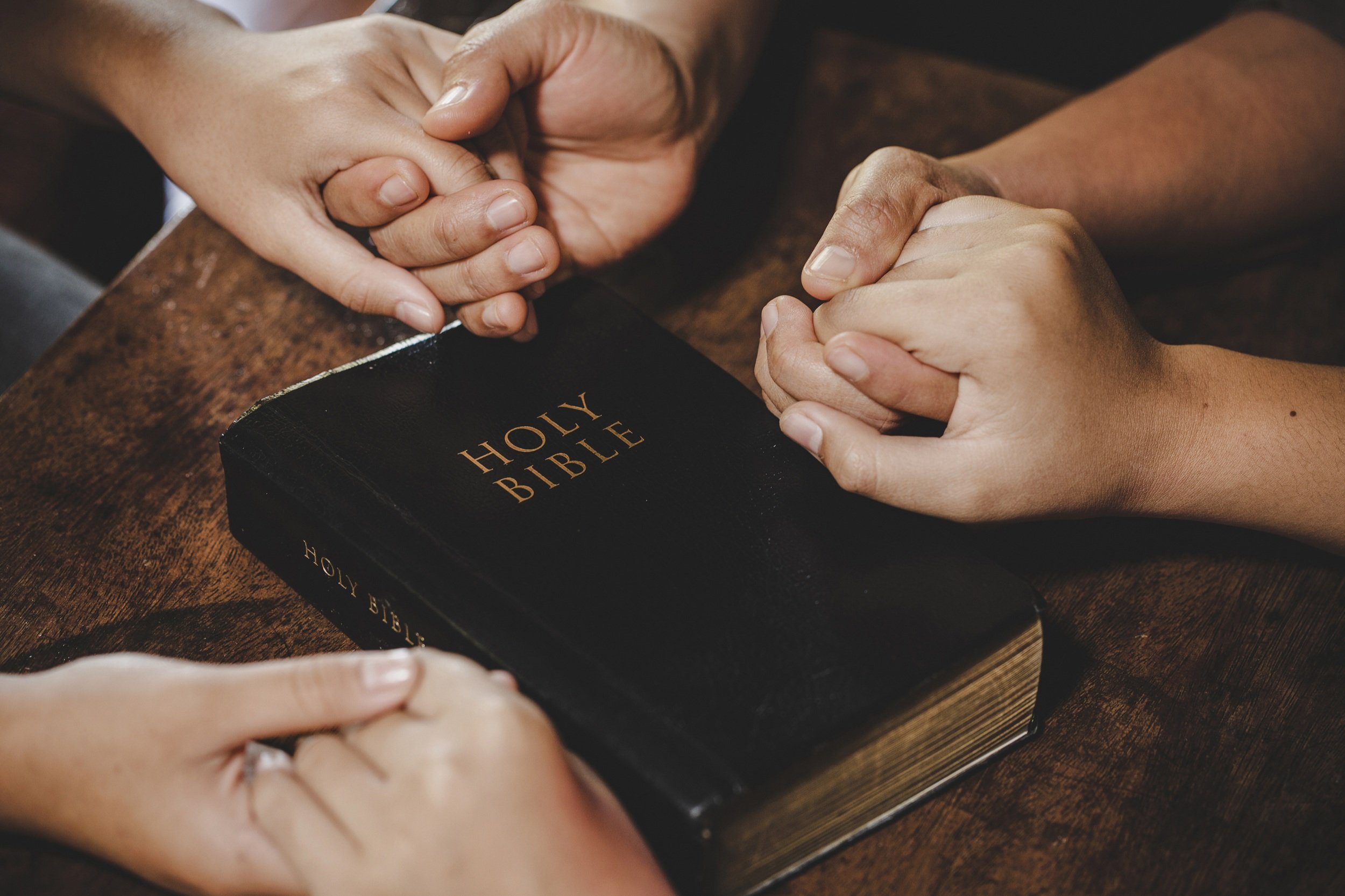Unity in the Early Church and Now (Post #4): Prayer
We’ve Lost Our Way
The United States of America was founded on the idea of mutual respect and forbearance. Nothing is more American than respecting someone else with whom you disagree. And nothing is more Christian than loving someone despite differing opinions. But a few weeks ago, we witnessed evidence that many in our country have forgotten this. Recently, I had to explain to my three kids why someone would try to shoot and kill former President Trump. I had to explain how our “one nation under God” has lost its way. And the question my kids asked was “how do we make it better?” My answer was “pray.”
If you are like me, we sometimes feel like praying is what we do when we feel otherwise powerless, when there’s nothing else we can do. It’s kinda like prayer is a last resort when we can’t think of anything practical to do to affect change. In reality, though, prayer shouldn’t be a last resort; it should be the indispensable first step. And we shouldn’t pray only when all other practical options are gone. Instead, we should pray so that God intervenes in the most powerful and practical ways. Prayer is so much more powerful than we often realize, and it played a vital role in the unity of the early church.
Prayer in the Early Church
We’ve been studying the book of Acts over the last few months in Sunday School. We recently read the account describing Peter’s miraculous escape from prison. If you haven’t read it in a while, I’ll help refresh your memory. King Herod was working to improve his reputation among the Jewish crowd, so he was arresting leaders of the early church, “intending to persecute them” (Acts 12:1). First, Herod had “James, the brother of John, put to death with the sword” (Acts 12:2). Soon after, Herod arrests Peter. To avoid any supposed “miracle nonsense,” Herod throws Peter in prison and assigns no less than 16 soldiers to guard him.
Luke’s account in Acts 12 describes Peter in the jail cell, chained between two soldiers and surrounded by others standing guard. It’s probably his last night alive, given Herod’s pattern of a kangaroo trial followed by swift (and deadly) punishment.
And Acts 12:5 says some of the most powerful words in Scripture:
“Peter was kept in prison but the church was earnestly praying to God for him.”
Whew! Did you see that BUT?
Things looked grim, BUT the church was praying!
Death seemed sure, BUT the church was praying!
THE CHURCH WAS PRAYING!
And that changes everything!
God had a plan to rescue Peter, and prayer mobilized it.
Prayer is powerful. We know it, but we often don’t act like it.
Knowing and Asking
In his book Desiring God, John Piper writes, “there is a direct correlation between not knowing Jesus well and not asking much from him.”
He’s not wrong. So I’m asking myself, what does my prayer life say about my knowing and trusting in Jesus?
If I know Him well, if I trust Him to be faithful in both the little and the big, then I would be asking more. I would be asking for more.
I think the remedy for weak and sporadic prayers is consistent time in the Word.
The more I read about Jesus, the more I immerse myself in God’s promises and precepts, the more I know and trust Him.
The more I know and trust Him, the more I ask of Him.
The more I ask of Him, the more I see His glory at work in the world around me.
Prayer is powerful, but it’s fueled by a firm foundation of faith built by the Word of God.
And when believers are each individually studying the Word and praying, then their power multiplies when they come together. Powerful prayers offered in unity to an all-powerful God results in God moving in miraculous ways.
So whether you’re facing something little or big, something trivial or tragic, remember the power that’s available to you through prayer. Remember the power of the Savior you’re praying to. And remember the power of unity when praying believers join together to petition God.
Watch out, world! The church is praying!
If you enjoyed this post, you might like my previous posts in this UNITY series. Check them out:
Post #1: Keeping the Main Thing the Main Thing
